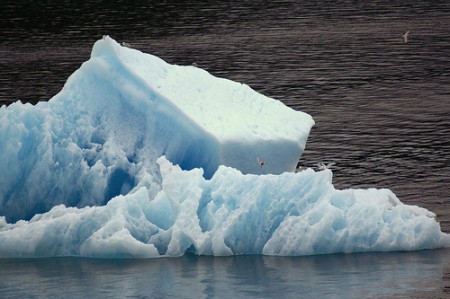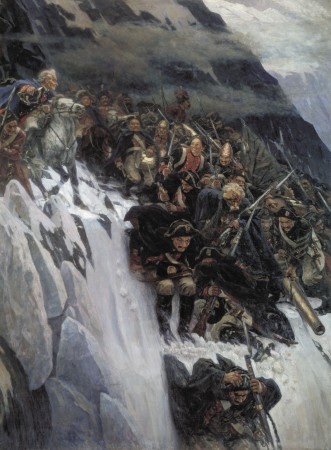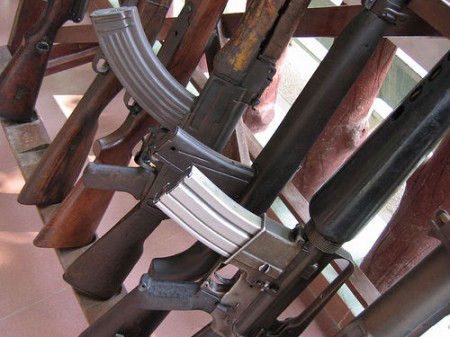
Russia is the largest country on the planet and as such faces special challenges. Who else has to organize such a vast territory that at the moment spans over 11 time zones? Did you know that the difference between Omsk Time and Magadan Time is exactly 5 hours?
To ease the burden of space and time, Russian President Dmitry Medvedev proposed to actually reduce the number of time zones in the country from 11 to 5. Pointing to the economic advantages of the reduction, he underlined benefits for communication and traveling. It’s definitely an organizational challenge if a businessman in Kaliningrad in Russia’s far west is calling a business partner in Vladivostok, which is in the far east.
Yet, time is not only in Russia a political issue – also China decided after the Communist Revolution of 1949 to abolish the up until then existing 5 time zones in favor of only one zone, of course that of Beijing. Whether or not this has helped to strengthen the central leadership and to unify the national political movements no one can say, but one can imagine what that means for the inhabitants of western China.
Changing time and its measurement goes over the powers of most politicians, as the fate of the Soviet calendar as well as of its French Republican counterpart proves. So it remains to be seen how far Medvedev’s proposal will get.




